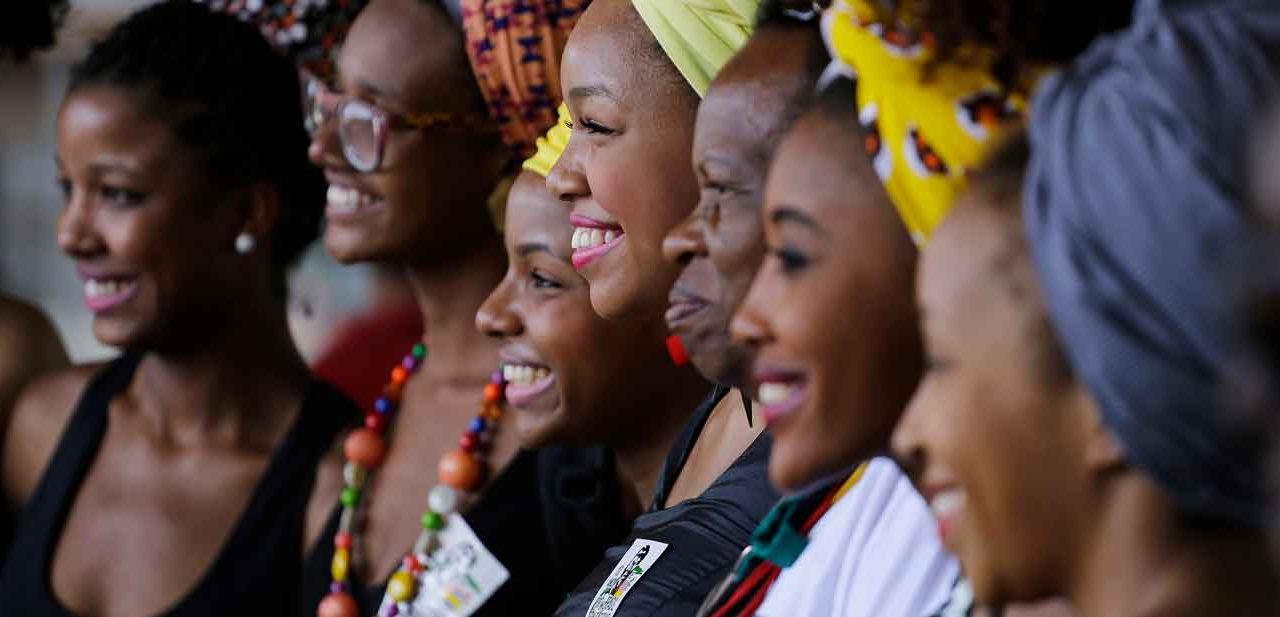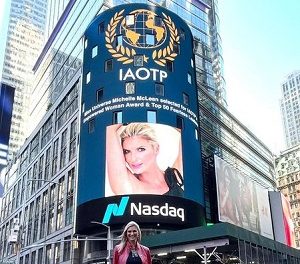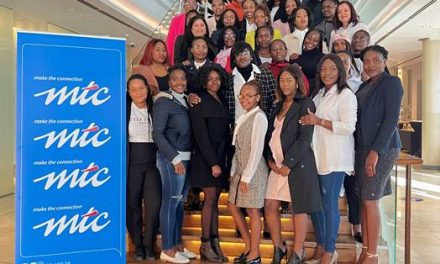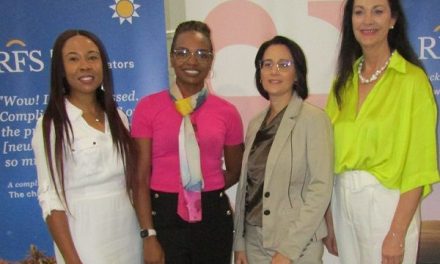
Barriers to gender inclusion addressed at International Women’s Day

By Adolf Kaure.
The Deputy Minister of Gender Equality, Poverty Eradication and Social Welfare, Bernadette Jagger said that gender stereotypes, discrimination and sexual abuse are some of the barriers that female media practitioners still face in the Information and Communication Technology (ICT) industry, during the commemoration of the International Women’s Day on Wednesday in Swakopmund.
The event was held under the theme “#DigitALL: Innovation and Technology for Gender Equality” to be aligned with the priority theme for the upcoming 67th Session of the Commission on the Status of Women.
According to Jagger, there is an urgent need for inclusive and transformative technology and digital education is crucial to address these barriers for the betterment of Namibia’s sustainable future.
“We need to strengthen measures aimed at addressing women’s and girls’ barriers to digital inclusion. We need to encourage gender-balanced cross-functional innovation and involve women and girls in ICT at all levels in order for us to achieve our desired goals on gender equality.”
“There is therefore, a need to strengthen our efforts to achieve Gender Equality for a sustainable tomorrow. A gender-responsive approach to innovation, technology and digital education can help us to increase the awareness of women and girls regarding their rights and civic engagement,” she said.
Despite an increase in women taking up decision making positions in the media fraternity of Namibia, with the country scoring a media Sustainable Development Goals Index (SGDI) house of 78% compared to the regional average of 67%, notable gender gaps still exist in the media sector.
Women constitute 40% of all media practitioners and 34% of media houses managers, whereas women comprise 64% of media students.
“This implies that although women constitute the majority of media students, they are under-represented in employment and managerial positions in media houses and this is an indication of the entry barriers that women face in the media profession,” said Jagger.
The Second National Gender Policy (2010-2020) sought to promote women’s access to information and communication technology and eliminate the negative portrayal of women and girls.
The deputy minister said that there is also a challenge to women especially those in rural areas not having access to ICT services such as internet.
“We need to initiate programmes aimed at increasing women’s access to media products and Information and Communication Technology resources and knowledge, particularly in rural areas where the majority of the population is female and has limited access to the media,” she said.
The International Women`s Day is a global event focusing on women’s rights and gender equality.












































